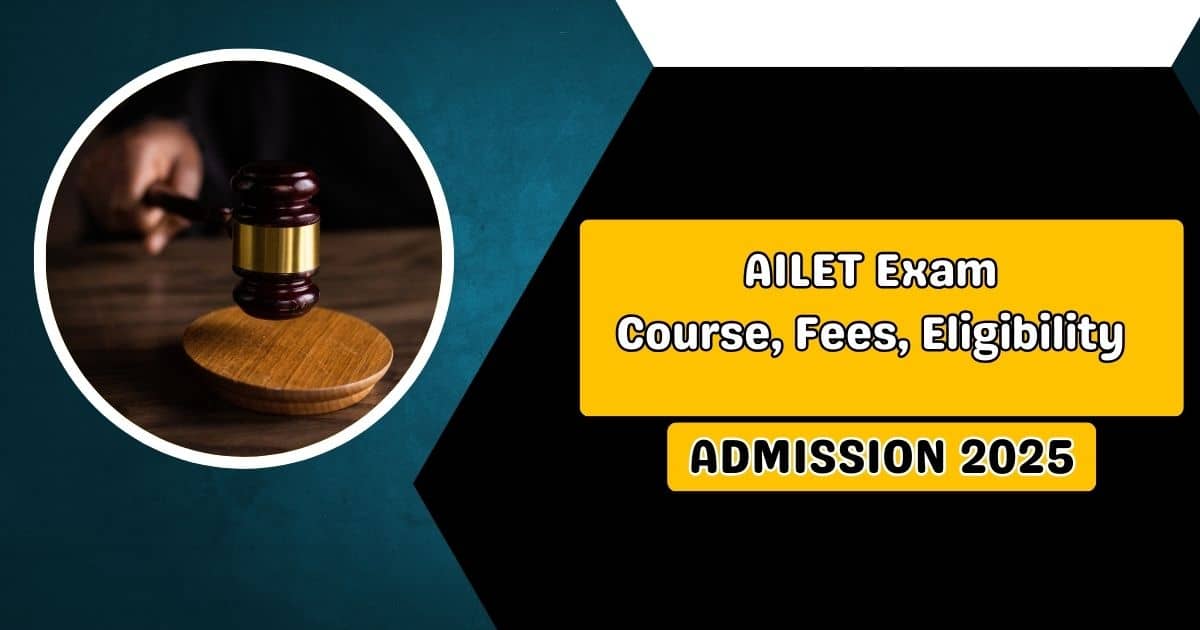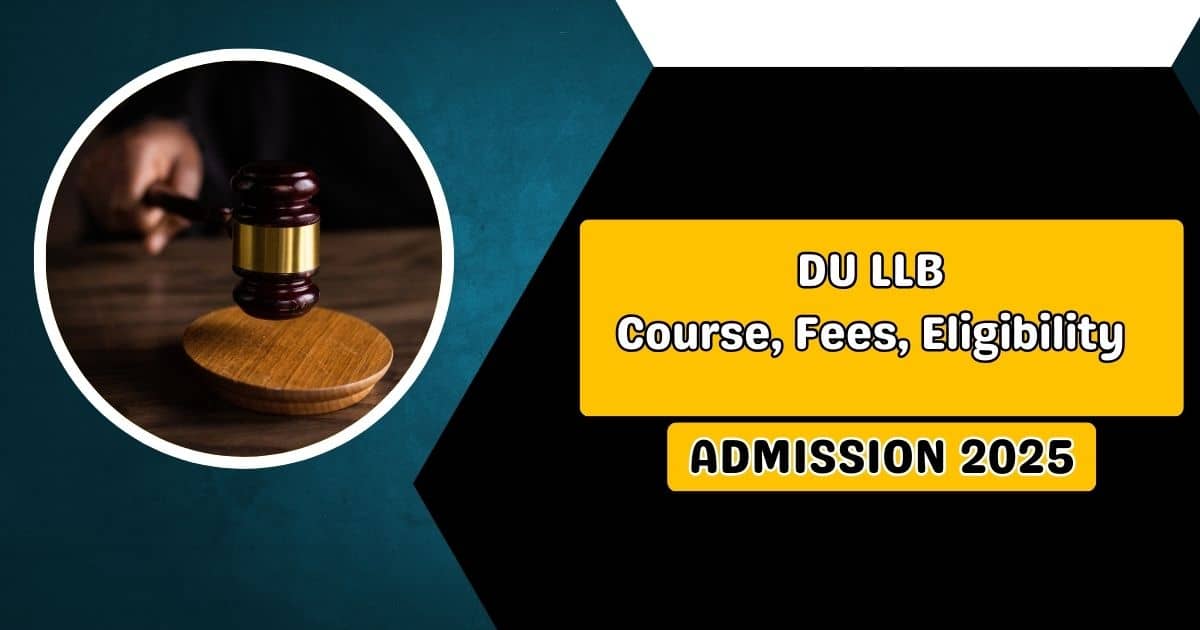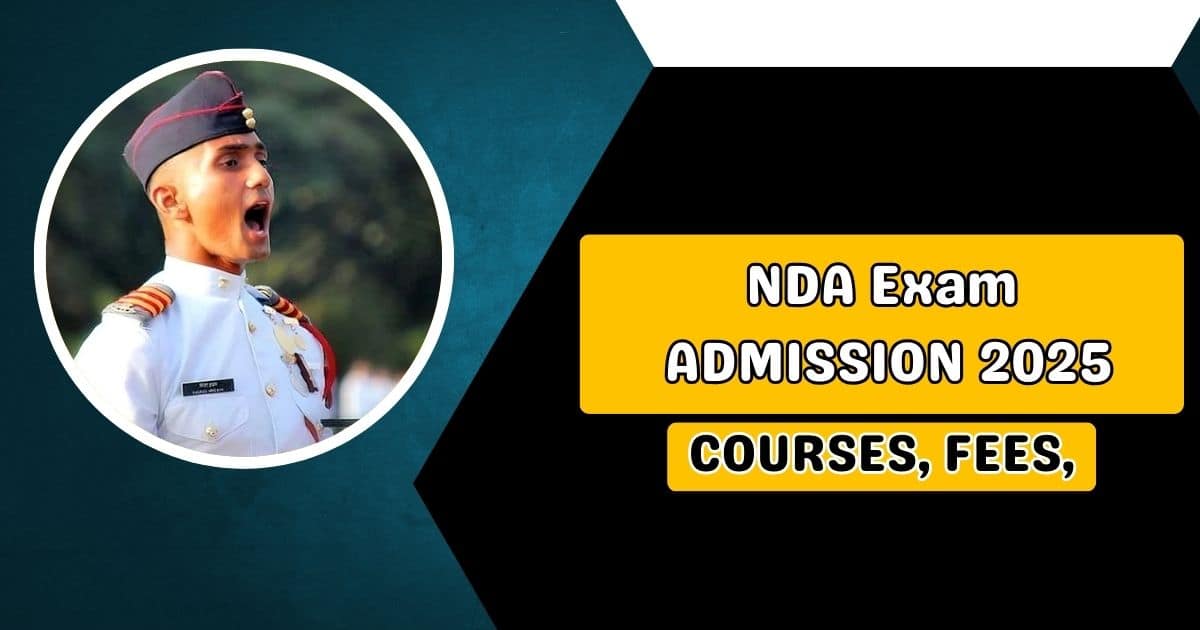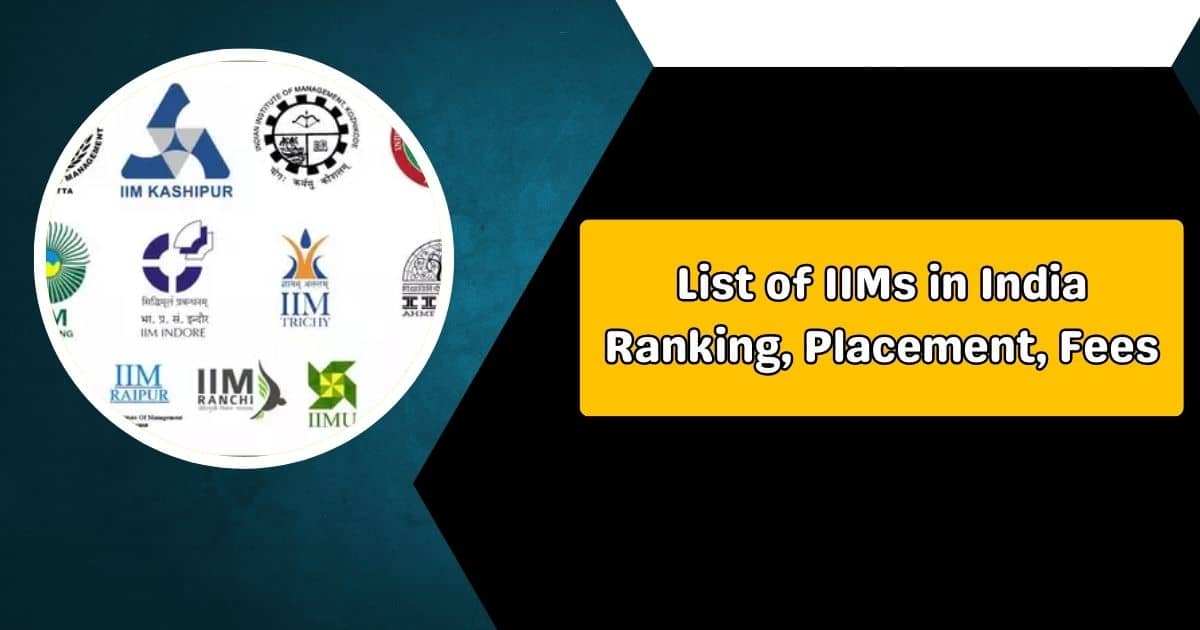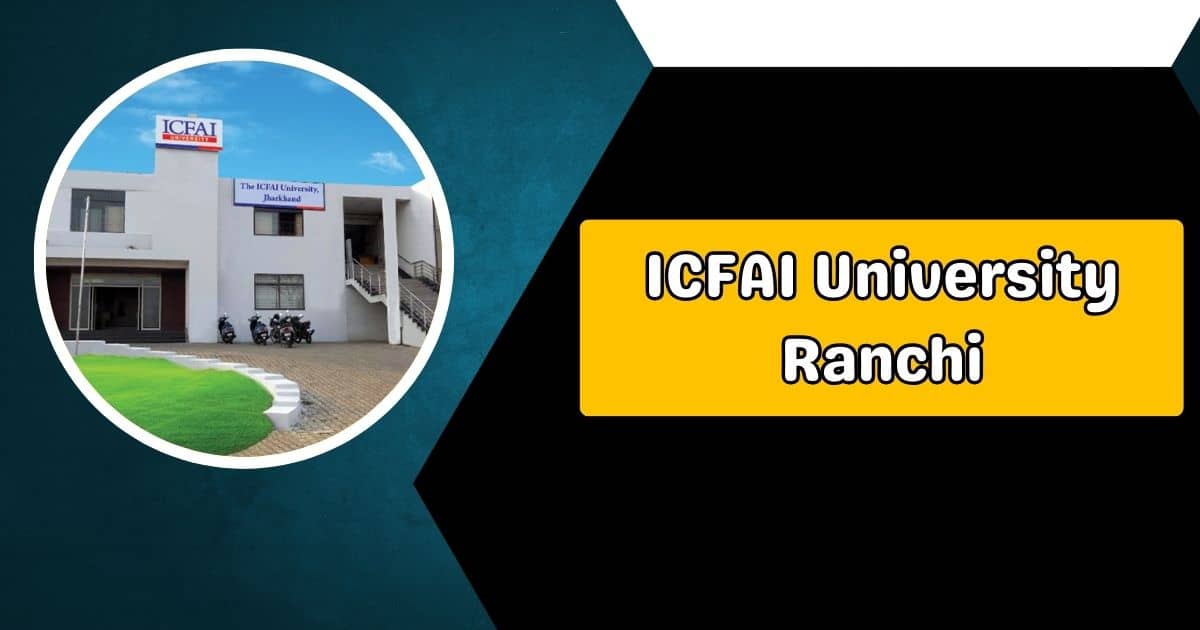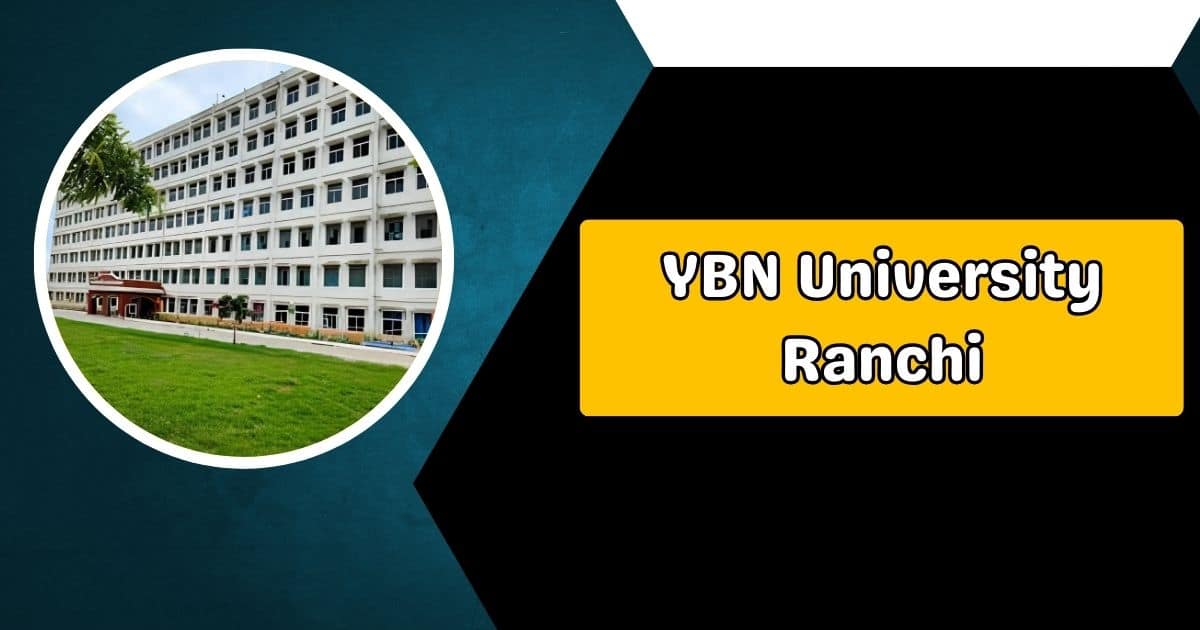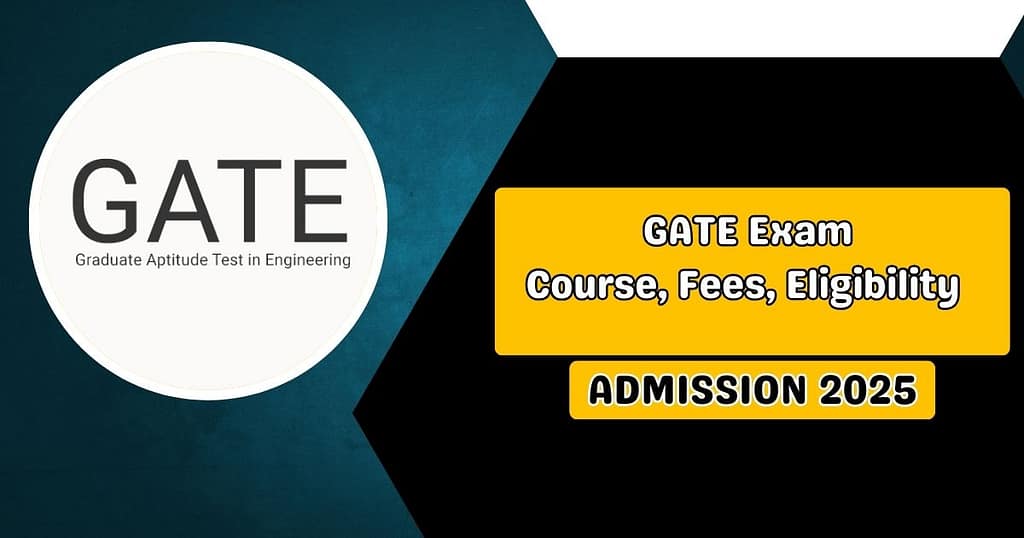
The Graduate Aptitude Test in Engineering (GATE) is an All-India assessment managed and led in eight zones of the nation by the GATE Committee involving Faculty individuals from IISc, Bangalore, and seven other IITs for the National Coordinating Board, Department of Education, Ministry of Human Resources Development. The GATE score/rank is utilized for admissions to postgraduate programs (ME, M.Tech, MS, direct PhD) in organizations like IIT and IISc, etc., with monetary help presented by MHRD. PSUs also utilize the GATE scores to enroll in different lofty positions with appealing compensation.
The Indian Institute of Science (IISc) and seven Indian Institutes of Technology mutually lead the GATE consistently. The passing placement test is directed for admission to postgraduate (PG) courses (M.E, M.Tech, PhD) in IISc and IITs. The tasks connected with GATE are every one of the eight zones overseen by a zonal GATE Office at the IITs or IISc. The test is led in the interest of the National Coordination Board (NCB) – GATE, Department of Higher Education, Ministry of Human Resource Development (MHRD), and the Government of India.
On the off chance that the upcoming is to be chosen through a test/meet for postgraduate projects, at least 70% weightage will be given to the presentation in GATE, and the excess 30% weightage will be given to the competitor’s exhibition in the test/meet or potentially scholastic record, according to MHRD rules.
The conceding foundations could recommend a base passing level of imprints in the test/meet. Some schools/foundations determine GATE capability as the compulsory prerequisite for affirmation without an MHRD grant/assistantship. Occupations: Several public area undertakings would consider GATE scores for evaluating for giving positions.
In this article, findmecollege has presented the structure of NEET with the details such as Registration process, fees, eligibility, Exam pattern as well as syllabus of the examination, down below:

REGISTRATION PROCESS & FEES:
- For the simplicity of candidates, the test authority delivers an aide for adequate accommodation of the GATE Application Form.
- The most common way of applying for GATE contains the accompanying advances.
- GATE Registration – Register as a “New User” and continue as referenced in the aide. After effective enlistment, you will gain admittance to GOAPS with the accreditations you entered.
- Fill out the GATE Application Form – Login utilizing your GOAPS Enrolment ID and GOAPS Password and begin filling out the application structure, which incorporates instructive capability, individual subtleties, etc.
- Transfer Required Documents – Upload Image, Signature, Eligibility Certificate, SC/ST Certificate, and PwD Certificate according to the given particulars.
- Installment of GATE Application Fees – Payment should be possible through Visa, charge card, or net banking.
- Complete Declaration – Before presenting the application structure, an upcomer should peruse and acknowledge the affirmation articulation. Without that, you cannot show the application structure.
- Enter subtleties like a substantial email address and portable number and make a GOAPS secret word.
- All correspondence will be done through the enrolled portable number and email ID.
- Because of unfamiliar understudies, all the correspondence will be done through an email ID.
- Door Application Fee differs for Indian nationals and International applicants.
- Lastly, candidates are required to pay the application fee of INR 1500, 750(SC/ST/PWD), and INR 750 (women), and after this, they can successfully register for the exam.
ELIGIBILITY:
- Applicants should guarantee they fulfill all the qualification models before enrolling online for the GATE test. One should realize that there could be no upper age limit for showing up in the GATE test.
- The four-year Bachelor in design is expected to apply on the web. Up comers other than India probably finished or are in the last year of their 4-year college education in designing is required.
- An applicant presently contemplating the third or higher long stretches of any college degree program.
- An applicant who has finished any administration-supported degree program in Engineering/Technology/Architecture/Science/Commerce/Arts is qualified to appear in the GATE 2022 test.
- In any case, the competitors who have accreditation from expert social orders should guarantee that those assessments directed by the social orders are endorsed by MoE/AICTE/UGC/UPSC as identical to B.E. /B.Tech. /B.Arch. /B.Planning, and so on
- Applicants who have acquired/are seeking after their passing degree from nations other than India Must be in the third or higher years or have finished their Bachelor’s certification in Engineering/Technology/Science/Arts/Commerce.
EXAM PATTERN:
GATE 2022 would contain inquiries of two unique sorts in every one of the papers:
- Multiple Choice Questions (MCQ) convey 1 or 2 marks each in the papers and areas. These inquiries are level-headed, and each will decide on four responses, of which the applicant needs to choose (mark) the correct response.
- Negative Marking for Wrong Answers: There will be negative checking for an off-base response picked in an MCQ.
- For 1-mark MCQ, 1/3 imprint will be deducted for an off-base response. Moreover, for 2-mark MCQ, 2/3 imprint will be deducted for an off-base response.
- Multiple Select Questions (MSQ) convey one or two marks each in the papers and segments.
- These inquiries are unbiased, and each will have a decision of four responses, of which the up-and-comer needs to choose (mark) the right reactions.
- There is NO negative checking for an off-base response in MSQ questions.
- For these inquiries, the response is a marked genuine number, which the competitor should enter by utilizing the virtual numeric keypad on the screen. No decisions will be made regarding these sorts of inquiries.
SYLLABUS:
- General Aptitude (GA) is a typical area in all GATE Syllabus and holds 15% weightage of the all-out marks.
- The inquiries in GA depend on verbal, mathematical, quantitative capacity, and spatial fitness.
- Designing Mathematics holds 13% weightage in the GATE Syllabus for papers with codes AE, AG, BM, BT, CE, CH, CS, EC, EE, ES, IN, ME, MN, MT, NM, PE, PI, and TF.
- Notwithstanding, for XE (Engineering Sciences paper), Engineering Mathematics holds 15% in the inquiry paper.
- GATE Engineering Mathematics Syllabus has various themes in light of the paper code, with Linear Algebra and Calculus as the usual subjects for every one of the papers.
- GATE Engineering Mathematics Syllabus tests a competitor’s abilities in numerical strategies and procedures, which are significantly utilized in designing.
- The GATE syllabus for CSE is divided into three areas: general aptitude, engineering mathematics, and core discipline.
- The General Aptitude segment conveys 15 imprints, Engineering Mathematics around 13 imprints, and 72 imprints for the points from Core Discipline.
- GATE Syllabus for Mechanical Engineering (ME) is significantly partitioned into five areas with a few sub-points under each segment:
- General Aptitude
- Designing Mathematics
- Applied Mechanics and Design
- Liquid Mechanics and Thermal Sciences
- Materials, Manufacturing, and Industrial Engineering.
- The General Aptitude area conveys a weightage of 15 imprints, Engineering Mathematics for 13 imprints, and the rest for different themes from the schedule.
- GATE Syllabus for Civil Engineering is partitioned into eight areas with a few themes and sub-subjects under each segment:
- General Aptitude
- Designing Mathematics
- Underlying Engineering
- Geotechnical Engineering
- Water Resources Engineering
- Natural Engineering
- Transportation Engineering
- Geomatics Engineering
- GATE Syllabus for Electrical Engineering is isolated into 11 areas with different points under each segment:
- General Aptitude
- Designing Mathematics
- Electric Circuits
- Electromagnetic Fields
- Signs and Systems
- Electrical Machines
- Power Systems
- Control Systems
- Electrical and Electronic Measurements
- Simple and Digital Electronics
- Power Electronics
